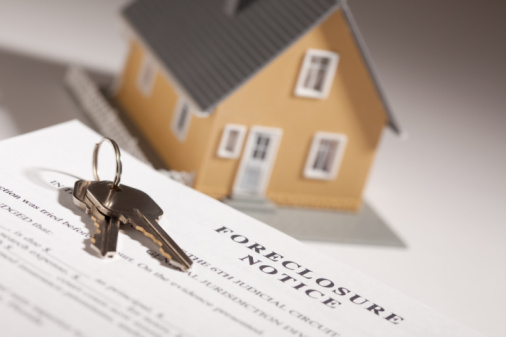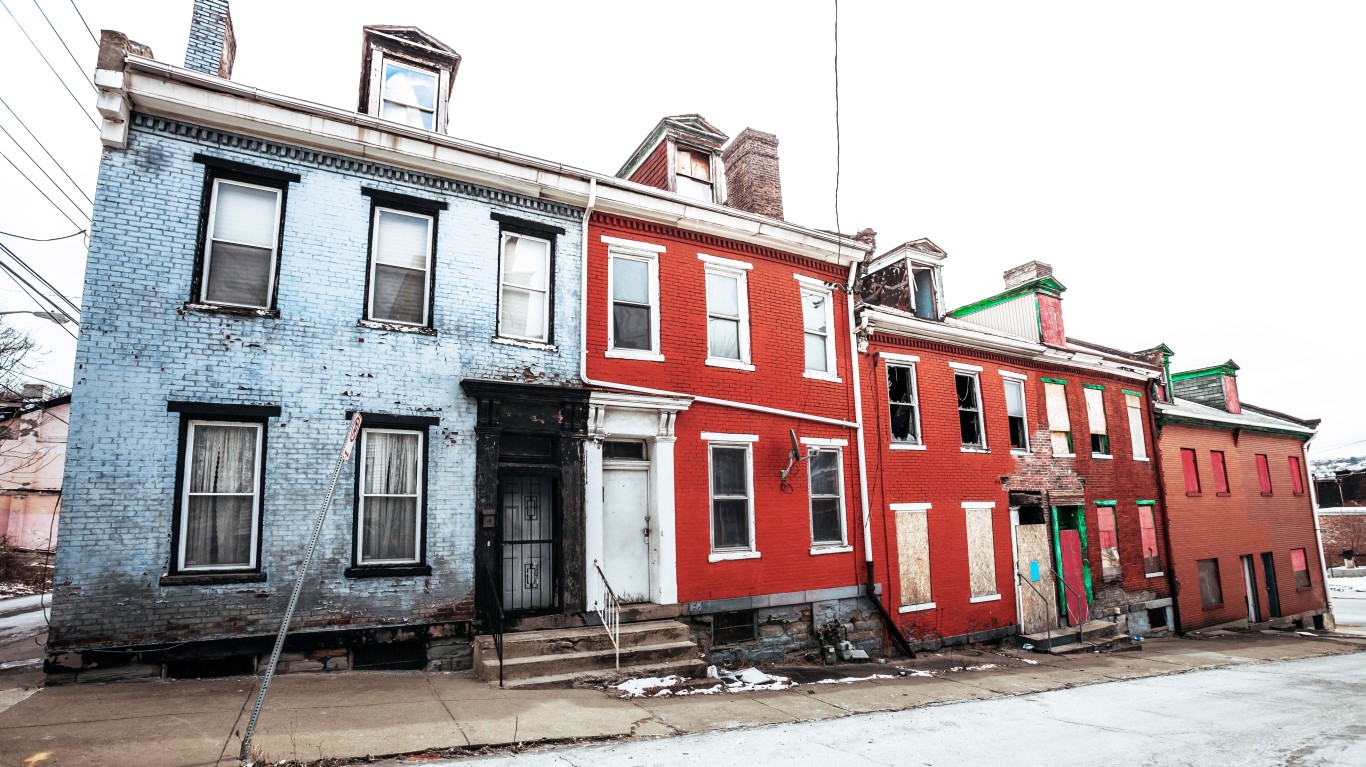
Source: Thinkstock
CoreLogic’s deputy chief economist noted:
Over the last 12 months, completed foreclosures fell to 599,000, the lowest level since the Great Recession began in 2007. At the current pace of completed foreclosures, and given the current foreclosure inventory, it will take 14 months to move all of the foreclosed inventory through the pipeline.
The five states with the highest number of completed foreclosures in the past 12 months were Florida (121,000), Michigan (46,000), Texas (38,000), California (33,000) and Georgia (32,000). The five states with the fewest foreclosures in the 12 months through April were District of Columbia (68), North Dakota (352), West Virginia (517), Wyoming (714) and Alaska (844).
The five states with the largest inventories of foreclosed properties as a percentage of mortgaged properties are New Jersey (6%), Florida (5.4%), New York (4.6%), Hawaii (3.1%) and Maine (3%). The five states with the lowest inventories of foreclosed properties are Alaska (0.4%), Wyoming (0.4%), North Dakota (0.5%), Nebraska (0.5%) and Minnesota (0.5%).
The number of U.S. homes currently in some stage of foreclosure totals 694,000, compared with 1.1 million in April a year ago. That represents a decline in the national foreclosure inventory of 35%, compared with April 2013, and a 4.7% decline month-over-month. That marks the 30th consecutive month posting a year-over-year decline in the inventory of foreclosed homes.
ALSO READ: America’s Fastest Shrinking Cities
Essential Tips for Investing: Sponsored
A financial advisor can help you understand the advantages and disadvantages of investment properties. Finding a qualified financial advisor doesn’t have to be hard. SmartAsset’s free tool matches you with up to three financial advisors who serve your area, and you can interview your advisor matches at no cost to decide which one is right for you. If you’re ready to find an advisor who can help you achieve your financial goals, get started now.
Investing in real estate can diversify your portfolio. But expanding your horizons may add additional costs. If you’re an investor looking to minimize expenses, consider checking out online brokerages. They often offer low investment fees, helping you maximize your profit.
Thank you for reading! Have some feedback for us?
Contact the 24/7 Wall St. editorial team.



